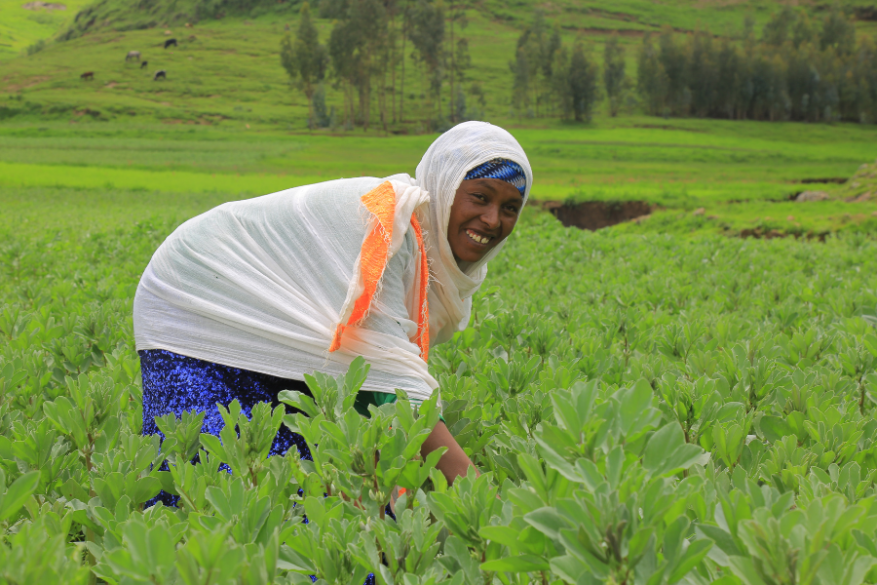The 30th International Day for the Eradication of Poverty 2022 takes place on Monday 17 October under the umbrella theme ‘dignity for all in practice’.
The day, established in 1992, acknowledges poverty as a violation of human rights and encourages people of all backgrounds, beliefs and social origins to gather each year to demonstrate their solidarity with the poor and their commitment to ensuring these rights are respected.
Despite progress in recent decades, there are currently an estimated 1.3 billion people around the world living in abject poverty, at least half of whom are children and young people.
COVID-19 has made the situation far worse – Southern Asia and sub-Saharan Africa are expected to see an additional 32 million and 26 million people, respectively, living below the international poverty line as a result of the pandemic. Meanwhile, increasingly irregular weather patterns caused by climate change continue to devastate the lives and livelihoods of the most marginalised communities.
At Self Help Africa and United Purpose, we have been seeking to help eradicate poverty and inequality in the countries where we work, for decades. Most of our work is with small-scale farming families, who make up the majority (75 per cent) of the extremely poor in Africa.
In sub-Saharan Africa, the most extreme poverty tends to be concentrated in rural areas, where small-hold farmers work poor-quality land in increasingly extreme weather conditions, growing barely enough to eat, let alone sell at market. That not only affects their income but also access to good nutrition for the wider community.
We are taking a community-led, market-based approach to the support we offer – enabling equitable development that offers communities sustainable incomes, restoring their independence and ability to produce good quality, nutritious food for the wider community.
As climate change makes earning a living from the land ever more difficult, ensuring smallholder farmers can access the information, tools and resources they need to adapt to, and mitigate the effects of, global warming is at the heart of our work.
Women are the most affected by poverty, climate change, food insecurity and poor access to healthcare. Addressing the gender gap in agriculture is crucial. In Africa, women produce up to 80 per cent of the food grown on small-scale farms but receive just a fraction of the support available to their male counterparts. Not only is this unjust but it’s also preventing them reaching their full potential in terms of income and food production, which is why we prioritise gender equity across our programmes.
World leaders have committed to the UN Sustainable Development Goals and the 2030 agenda to eradicate poverty and ensure ‘no one is left behind’ and we were making fair progress before the pandemic. To close the ever-widening gap between the world’s rich and poor now, it is essential we all unite to end poverty and discrimination and build a sustainable future that meets today’s needs without compromising future generations’ ability to thrive.


